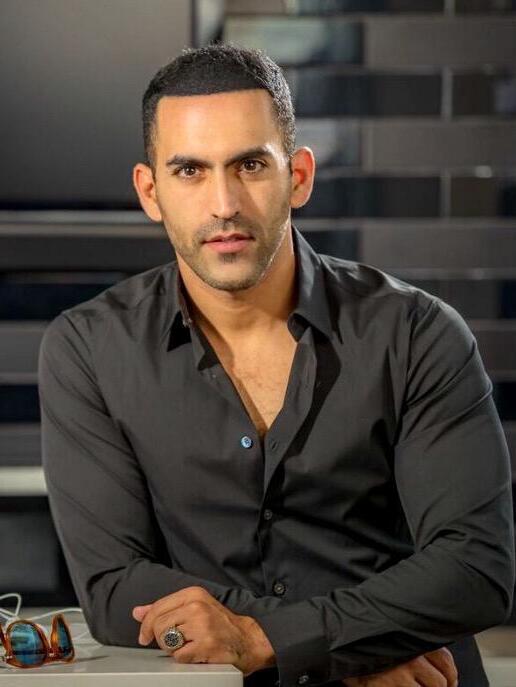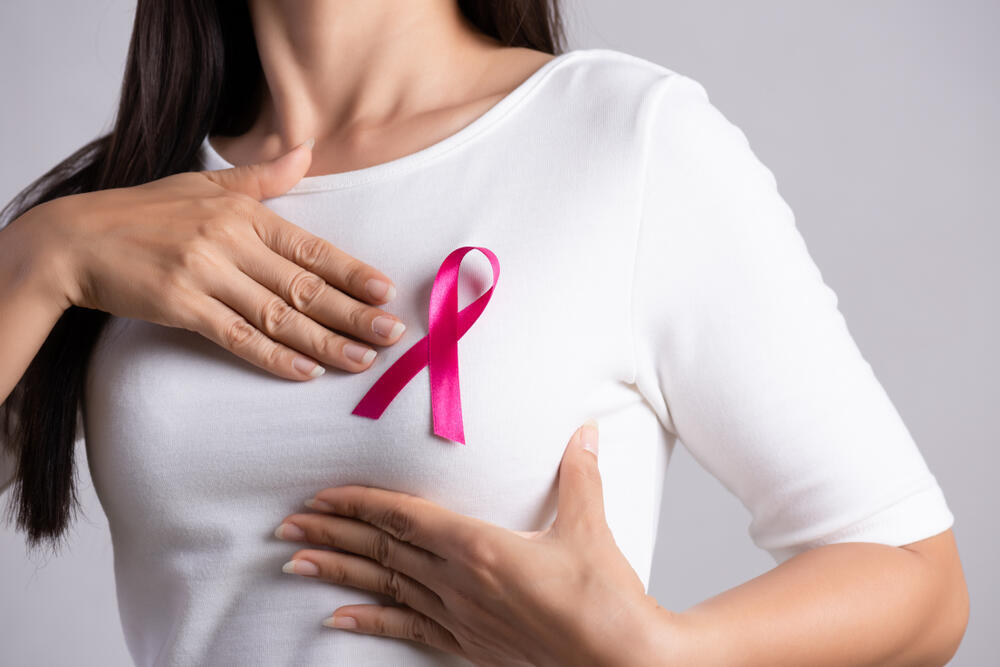Getting your Trinity Audio player ready...
In recent years, the month of October has been colored pink. Every year, companies in Israel and around the world repaint their logos in shades of pink, public service ads are broadcast daily reminding women about screening for early detection and breast surgeon appointment calendars fill up within minutes.
Read more:
As we all know, this past October in Israel, no topic other than the war received any coverage, and for the first time in decades, Breast Cancer Awareness Month was erased from memory. But we cannot forget that breast cancer doesn’t sit on the sidelines during war, and we must, therefore, put it once again in the spotlight, before it becomes too late for too many Israeli women.
Over the past few months, public discourse has focused on a single subject – the war in Gaza. It is a battle for our survival, however, it has left no room on the public stage for discussion of a different battle, the battle for our health. While time stood still for us in Israel on October 7, Breast Cancer Awareness Month was marked around the globe. During this time, the airwaves were awash with inspirational stories of women struck by the disease, stories which were told with a clear objective – an urgent cry for thousands of women to go get screened for early breast cancer detection. And, indeed, every year during this period we see a dramatic spike in the number of women getting tested.
A significant drop in the number of people coming to get screened means a dangerous decline in early detection. Early detection allows for milder courses of treatment at a lesser cost that are likely to improve a patient’s capacity to function and their quality of life while sick and after recovering from the disease. Conversely, delayed diagnoses result in harsher treatments, higher costs and much greater mortality rates. Such late diagnoses are life-threatening, in a very real, immediate way.
Data from Israel’s Central Bureau of Statistics shows that breast cancer is the most lethal form of cancer among women in Israel. However, survival rates in the 5 years after diagnoses stand at 90% in cases of early detection, as opposed to less than 30% for late detection.
The wartime period has wholly concealed the subject from the public eye. This is a disturbing trend that we may very well pay for with the lives of women. The decline in the number of women coming to get tested has been deeply apparent, and although we are all suffering from the chaos and reeling from the intense sorrow, we do not have the privilege of giving up or ignoring the situation. Health challenges do not disappear, and we all bear the responsibility of not forgoing our regular tests and treatment routines.
 Niv Jacobi Photo: Josef Pal
Niv Jacobi Photo: Josef PalOur female population cannot be forgotten while the war goes on, and we cannot think, even for a moment, that cancer will just linger in the shadows for the war to subside. I expect that the government would come together in these times to address the issue – to, alongside the war, work on behalf of Israeli women, who often seem to have to fight twice as hard as other women around the globe in this important struggle for their lives. We have been living in emergency mode for some time now, and a part of it has to include getting tested.
The war has rightfully garnered most of our collective attention and we are living in grave times for the State of Israel, but in this war for the sanctity of life, we cannot allow ourselves to neglect such a fateful topic. Go get screened.
- Niv Jacobi, president of the Meaning Channel and the entrepreneur behind the Breast Cancer Doesn’t Wait in War initiative, launched a podcast focused on the disease. Hosted by media personality Rina Matsliah, the podcast has inspired thousands of Israeli women to recognize the importance of early detection, leading many to promptly seek screenings



